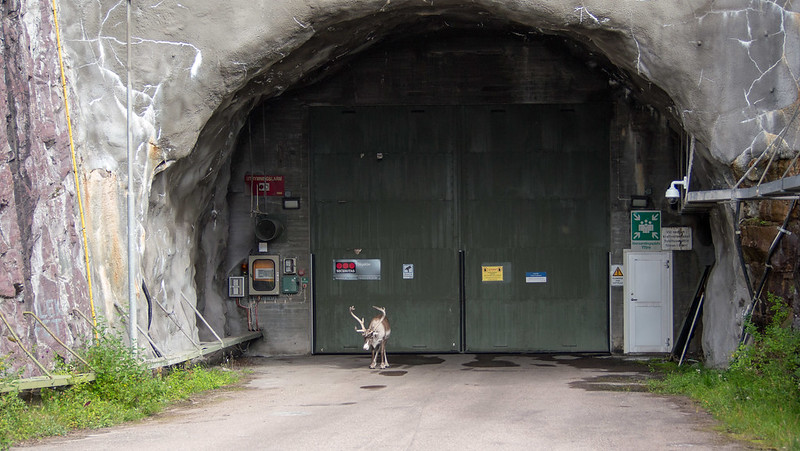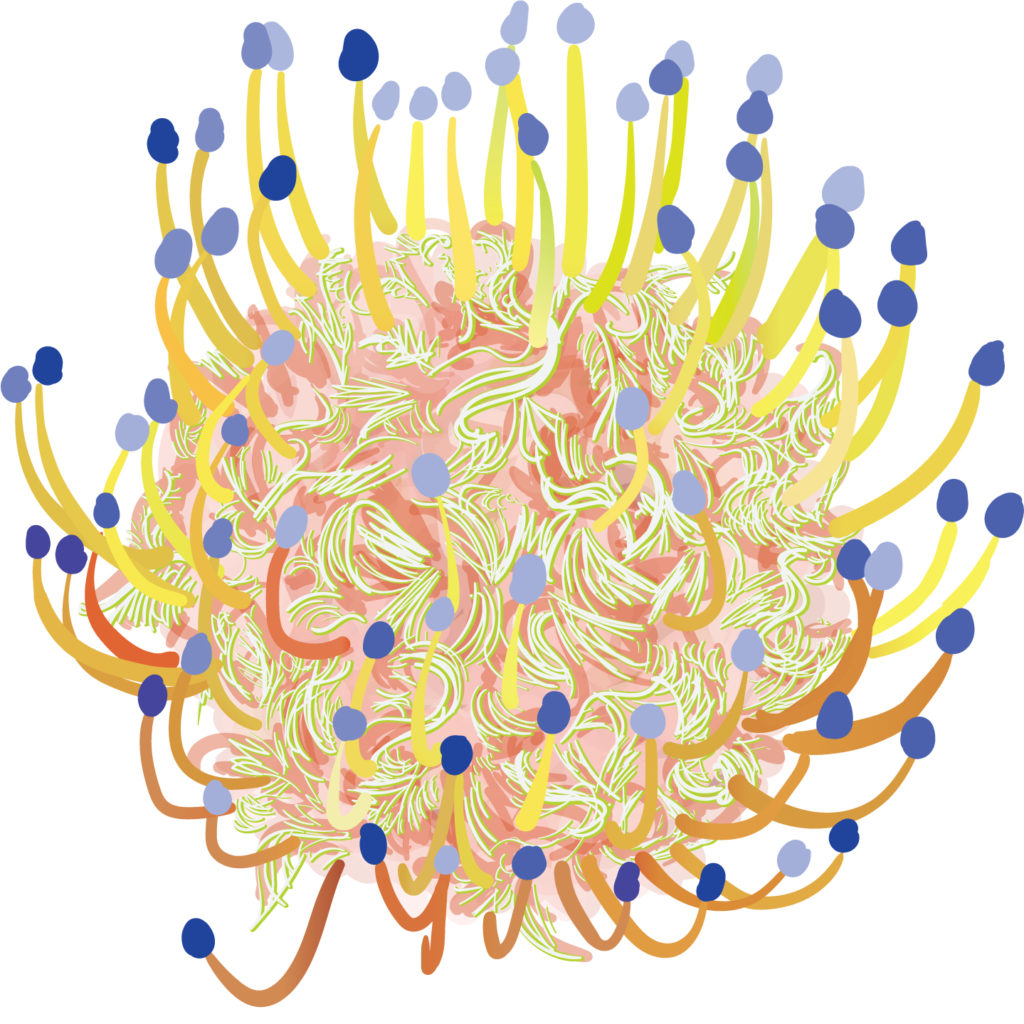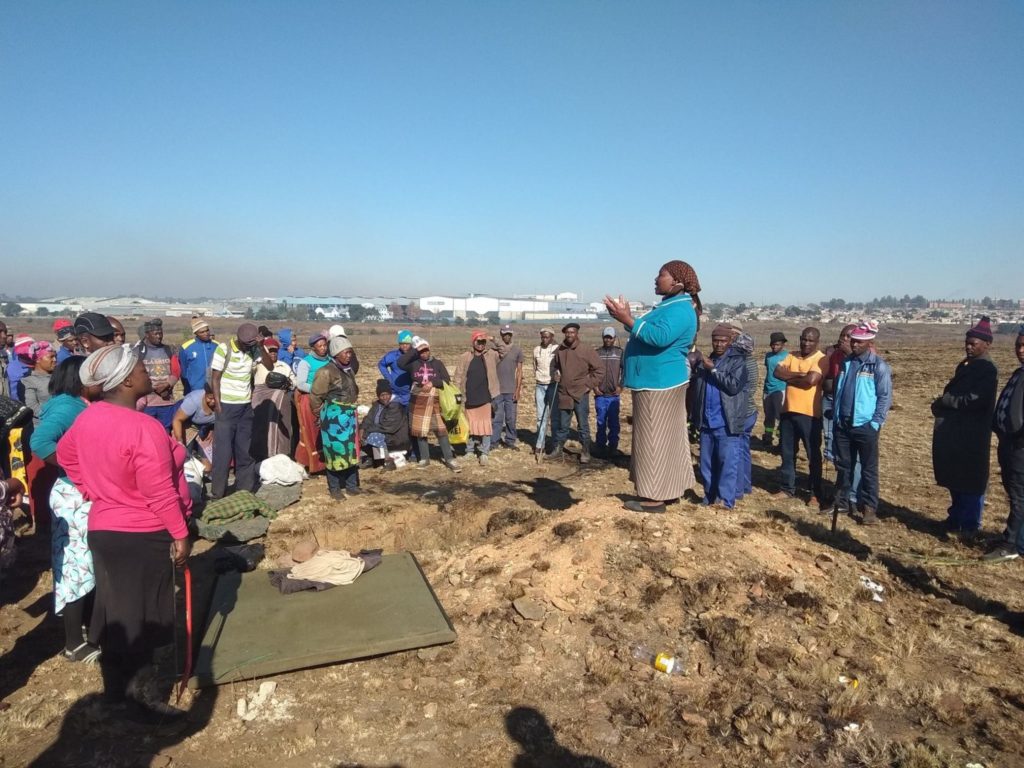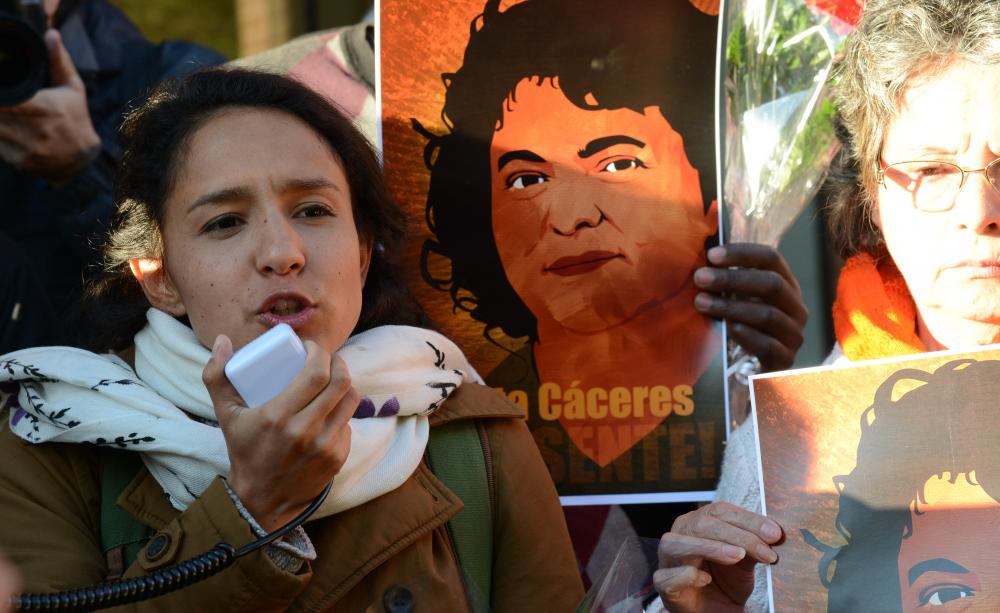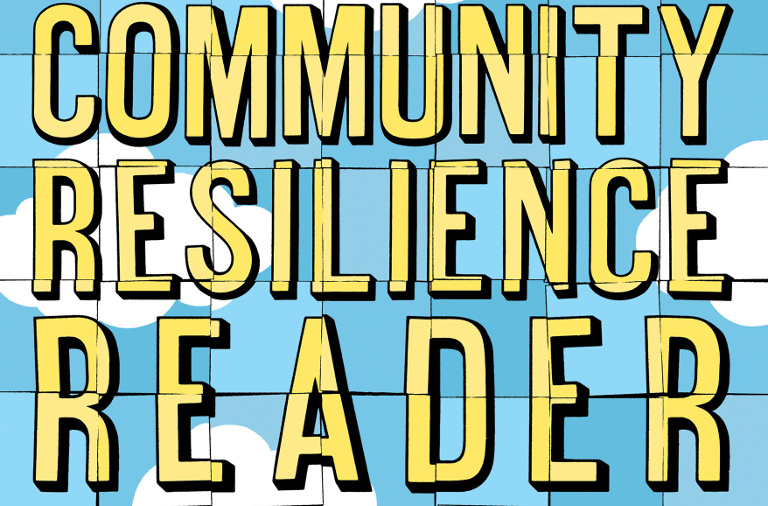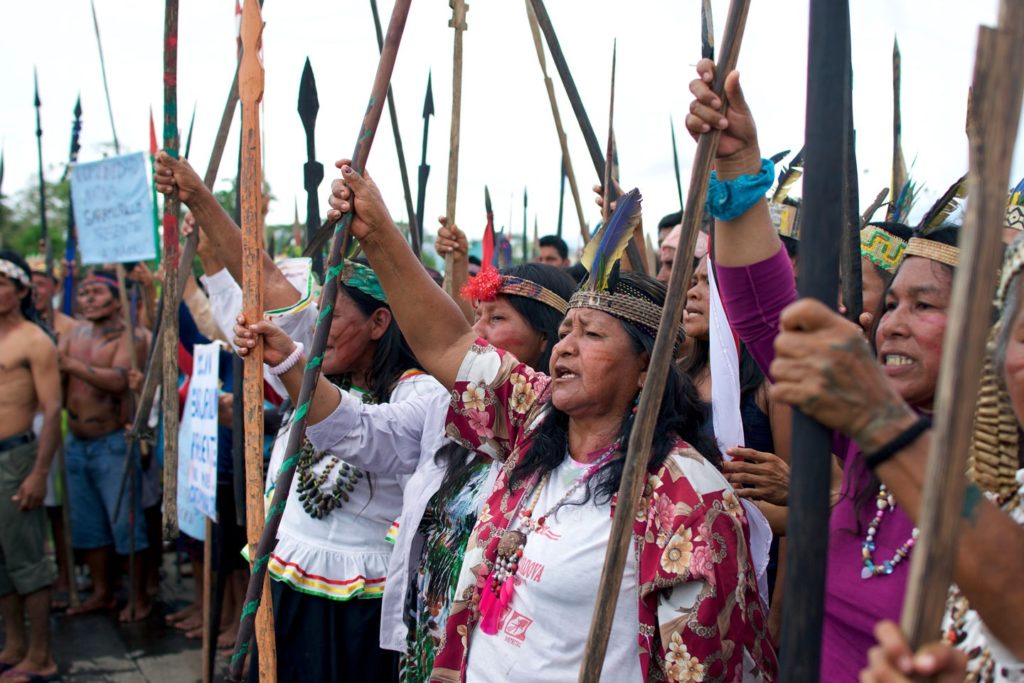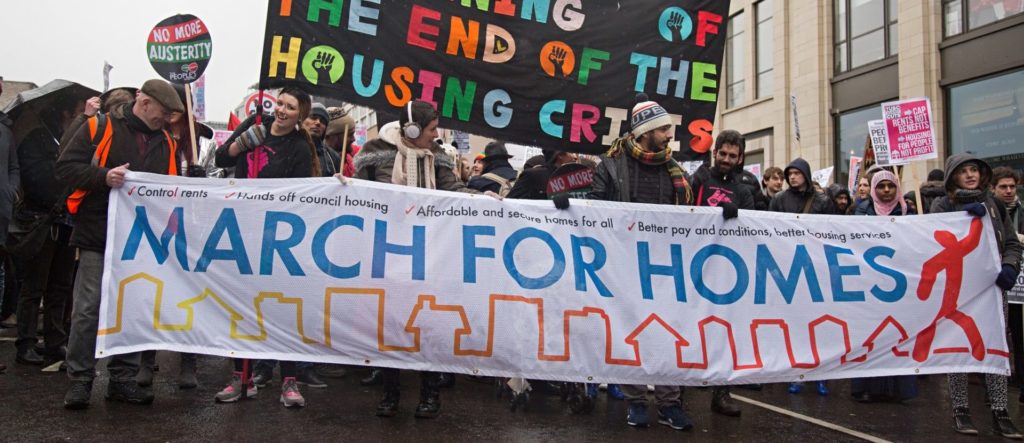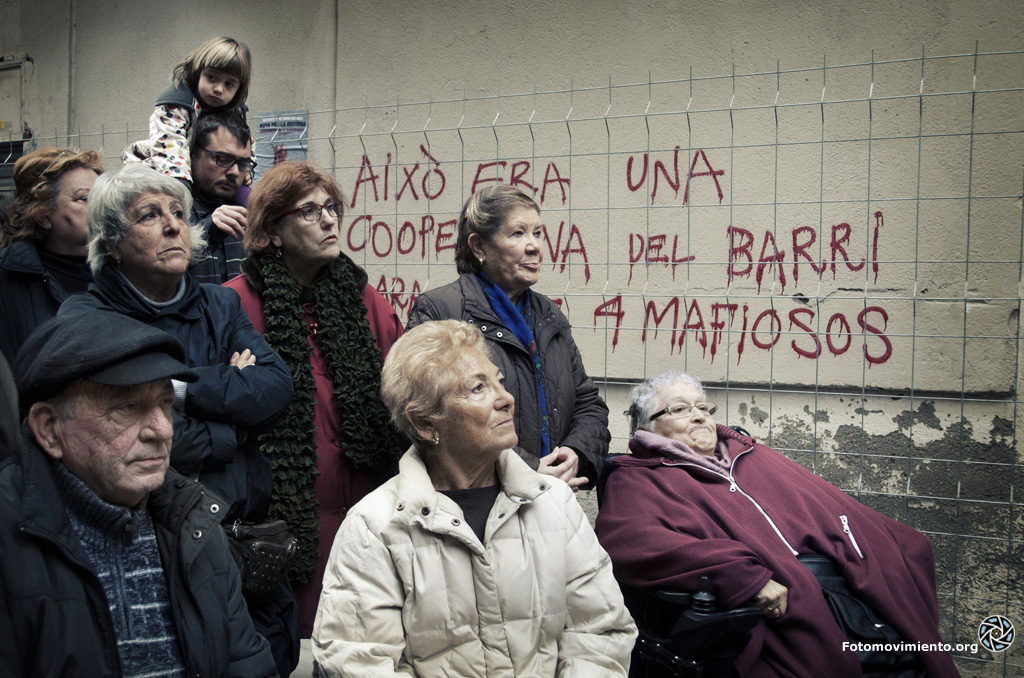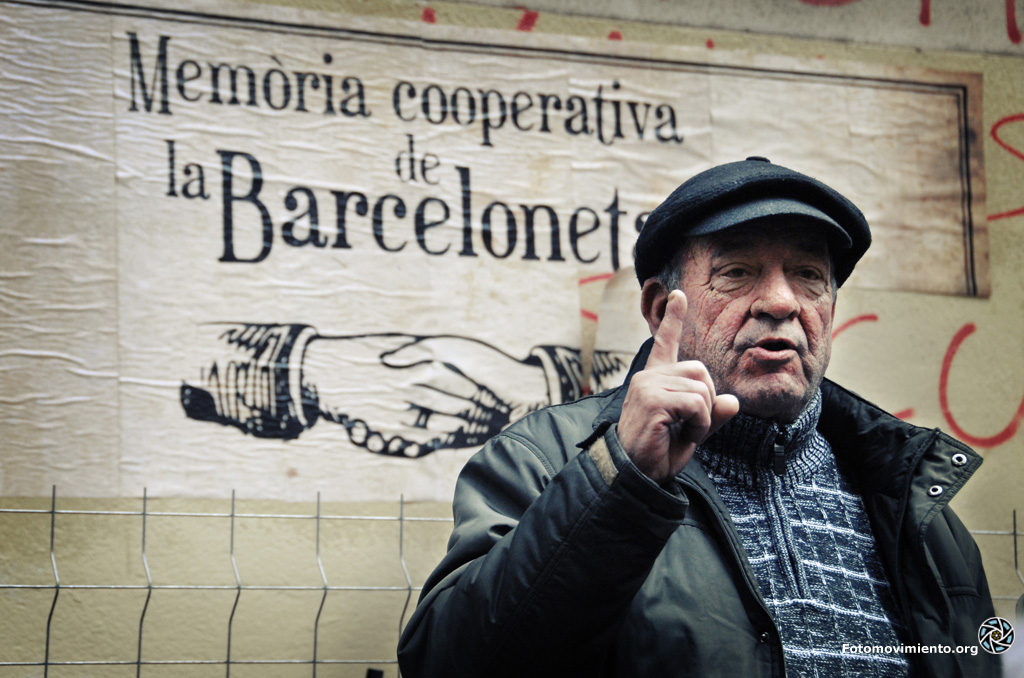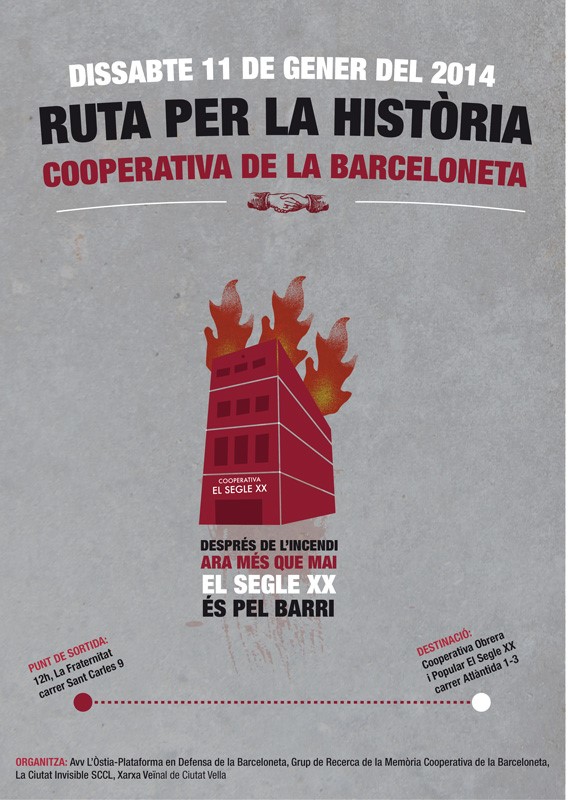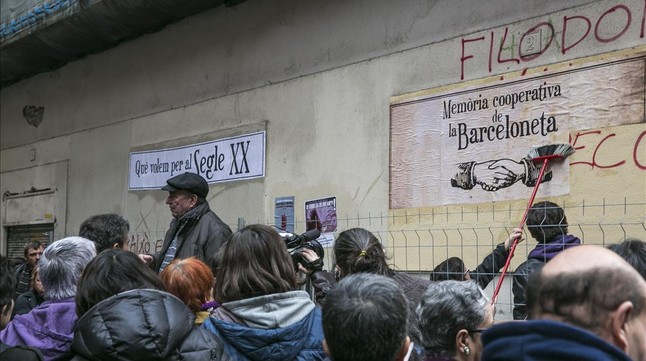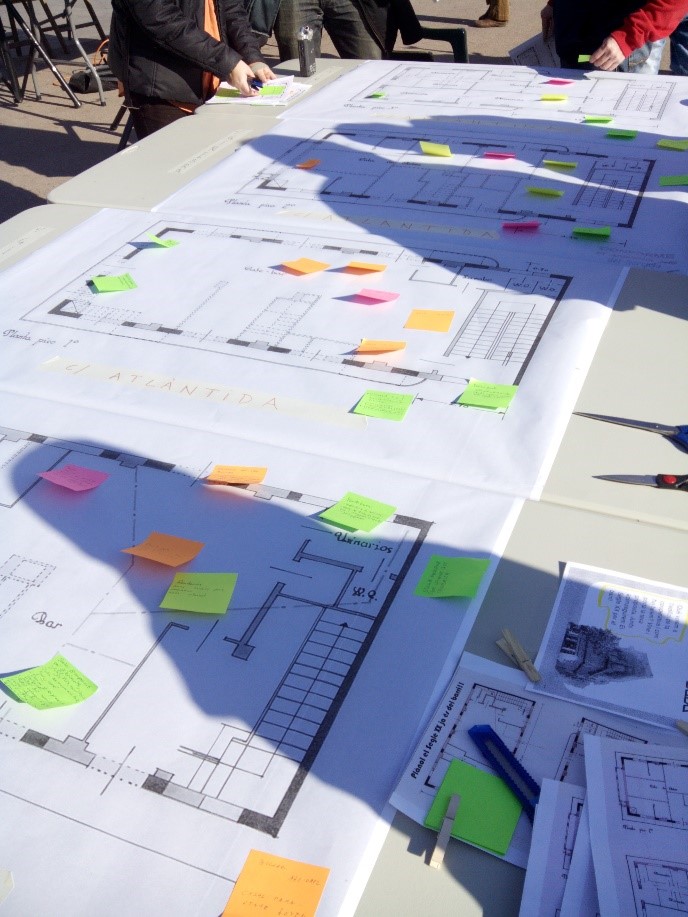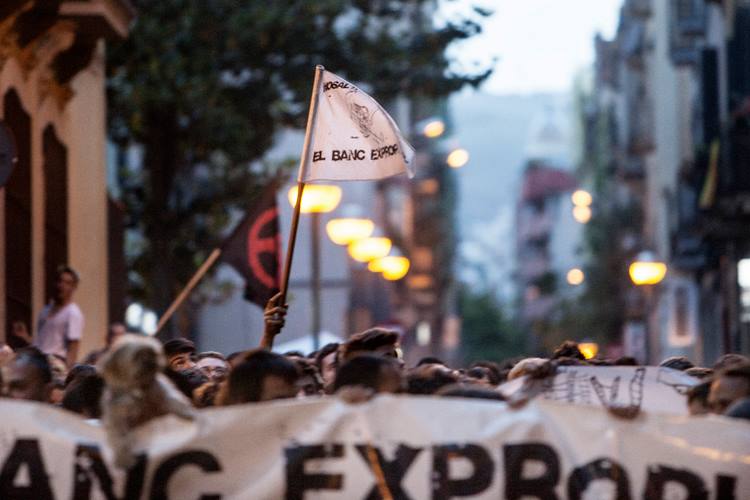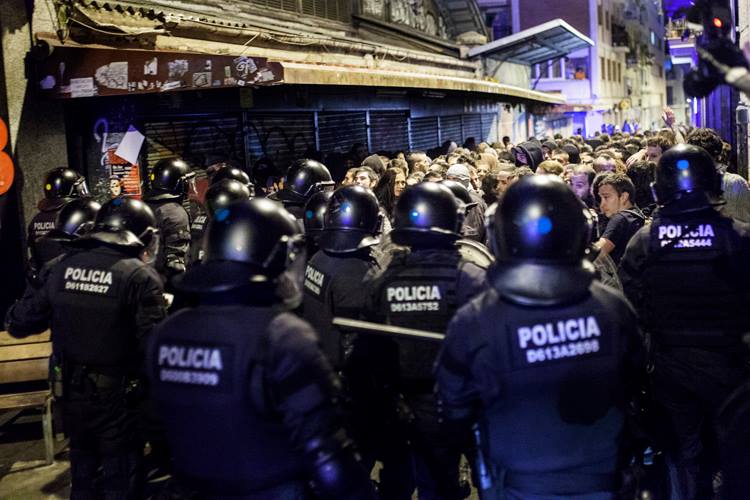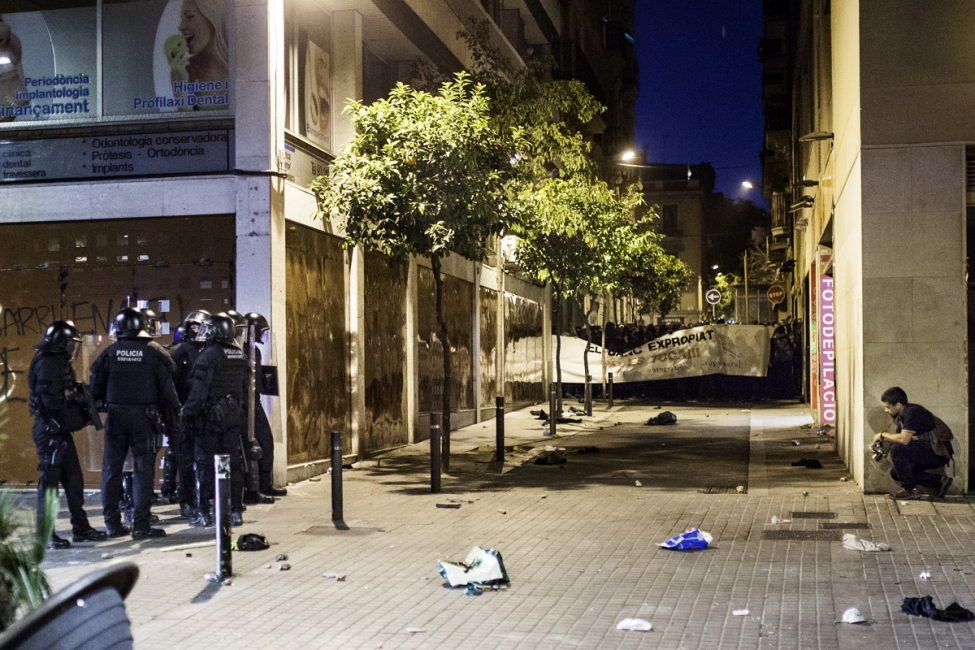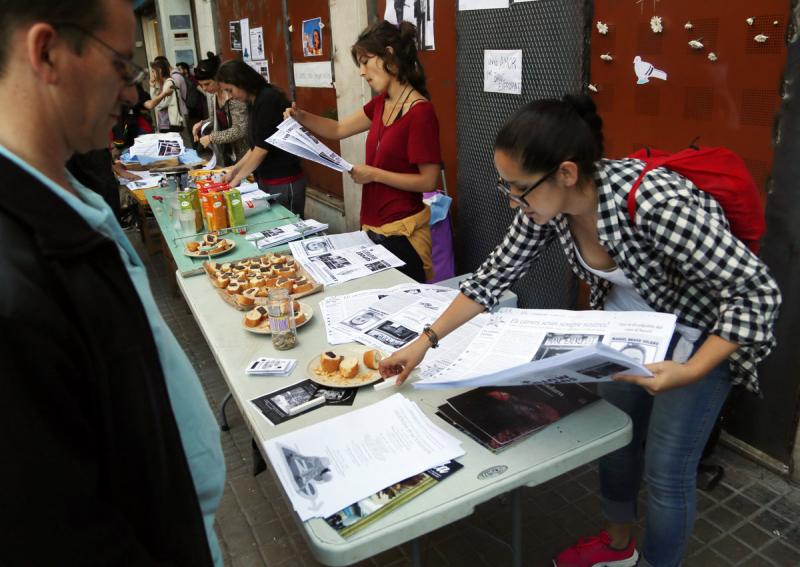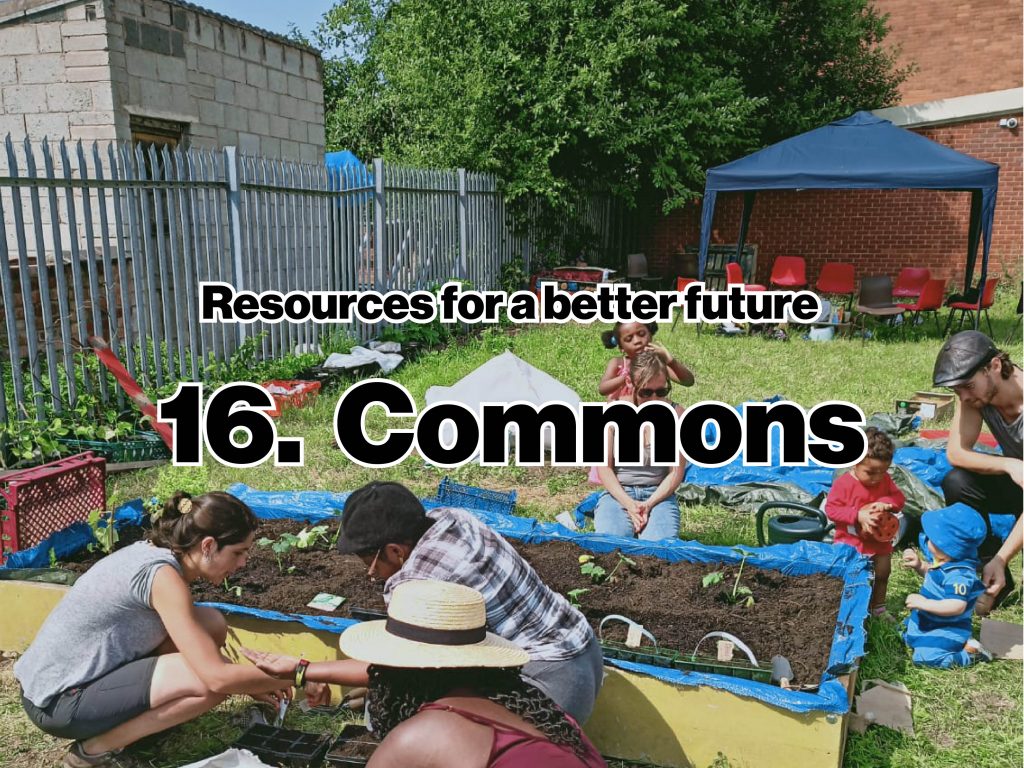
by Sergio Ruiz Cayuela
The commons is a concept originally used in England during the Middle Ages to designate shared areas (mostly woods and pasture lands) that peasants collectively managed to access basic resources such as firewood, foraged food or grazing for their cattle. In a mostly rural society, peasants relied on the commons for survival. In fact, the appropriation and plunder of the commons by the nobility starting in the 12th century—a process known as enclosure—marked the beginning of a transition to capitalism. Common people were excluded from using the land, and were forced to either move to towns and become waged workers or establish serfdom relationships with landowners.
The concept of the commons was popularised in academia in the late 20th century by a group of scholars (that we will call the ‘institutionalists’) who saw many similarities between the commons from feudal England and the ways in which communities all over the world interacted with their environment. The institutionalists aimed to find efficient and sustainable ways of managing natural resources. Elinor Ostrom, who was the most prominent figure of this current, dismantled liberal myths and prejudices against communal land tenure by presenting commons as a viable property regime. According to Ostrom, common property regimes were especially suited for resources with specific economic features: low rivalry and easy accessibility. She believed that the main drivers of success for commons were their internal design principles, namely the set of relations and strategies adopted by a community that would lead to the sustainable management of a specific resource.
Elinor Ostrom dismantled liberal myths and prejudices against communal land tenure by presenting commons as a viable property regime
The turn of the 21st century saw an upsurge of the alter-globalisation movement, which opposed globalized trade and its social and environmental consequences. ‘Alter-globalizationist’ scholars and activists took an interest in the commons, but they were critical of the limitations of the ‘institutionalist’ perspective. George Caffentzis, for example, pointed toward the influence that the outside world has on the success of commons. Specifically, he argued that the ability of a commons to sustain itself is determined heavily by the distribution of power in a given society and the relationship that a commons has with external actors, such as private companies or public institutions. During this time, the work of Peter Linebaugh brilliantly captured a feature of the ‘alter-globalisationist’ understanding of the commons: a shift from commons as resources to ‘commoning’ as a practice. More than just an efficient way to manage resources, the commons became a political antagonist to the logic of capital. In the last few years, authors like Massimo de Angelis and Amanda Huron have suggested that the tension between the ‘institutionalist’ and the ‘alter-globalisationist’ approaches needs a productive articulation in order to generate a better understanding of the survival and expansion of the commons. The internal management of particular commons and how it relates to the structure of the outside world are factors that affect and modify one another.
Commons can be crucial tools in imagining a world after capitalism, but in order to do so, they need to be devised as forms of social organisation opposed to capitalism and the state. Under capitalism, the propertied class reproduces its wealth by exploiting nature, Indigenous people, women, workers, and landless people around the world but especially in the Global South. This exploitation is legitimised by the laws of the market, which understand the maximisation of economic profit as the motivating force behind human life, and normalise values such as individualism, competition and greed. The commons oppose this logic and mobilise cooperation, solidarity and mutualism as core values, which in turn affect the way people relate to each other and to the environment.
The commons mobilise cooperation, solidarity and mutualism as core values, which in turn affect the way people relate to each other and to the environment
The development of capitalism advanced in parallel with the creation of a new institutional arrangement, that of the nation-state: a centralised accumulation of political power which has complete sovereignty and the monopoly of violence over a territory. The state is supposed to protect its citizens and act in their interests, but the last centuries have shown us that, whether in liberal democracies or in authoritarian political settings, it often ends up defending the interests of the elites and oppressing the majority of the population. The commons provide an alternative to centralization, the accumulation of power, and representative democracy. Regardless of the specific arrangements of particular commons, power always flows from the bottom up, which means that all commoners are entitled to directly affect the management of a commons. In short, the commons is based on practices of direct democracy, the horizontal distribution of power, and collective decision-making.
Although their core values are in direct opposition, commons currently exist alongside capital and the state. In fact, the three forms are codependent. Let’s take the example of a community garden organised as a commons. Commoners will need tools to work the soil. Those tools have probably been produced in capitalist factories, and they need to be purchased according to their exchange value (an arbitrary quantification based on the maximisation of price according to market laws). Also, even if things go well and the garden is productive, it might not be enough to fulfill the basic needs of the commoners involved (their social reproduction). They will probably need to complement their commoning activities with waged work for a capitalist enterprise. Moreover, the land where the community garden is sited might be public, or in other words, managed and owned by the state. Therefore, commoners can either squat (risking eviction which would undermine their garden), or negotiate the use of the land, accepting the regulations and rules imposed by the state (or its representative institutions). Deciding how to interact with external actors (in this case, the state) will be crucial to determining the longevity of the community garden. It is important to keep in mind, though, that commons are also threatened by their internal politics. What if members decide to divide the land into individual plots and reduce cooperation? In that case, we could claim that the garden is not a commons any more, since inherent commoning values such as collective management and mutualism would not be enacted.
The commons is based on practices of direct democracy, the horizontal distribution of power, and collective decision-making
Relationships of dependency between the commons and capitalism can lead to cooptation by the state or private actors, who may instrumentalise the commons in order to reproduce themselves. Going back to the case of the community garden, landowners and developers could see its pull as an opportunity to raise the rents of surrounding properties, develop new commercial ventures and, in short, make profit. This would in turn spark a process of gentrification, displacing the commoners who were involved in the garden. Cooptation can also be exercised by the state. For example, the austerity policies implemented by many countries since the 1970s, which were intensified after the 2008 crisis, instigated a gradual retreat of the state from the provision of basic social services. In many cases such as healthcare or education, this void is impossible to fill through community-based response in the short term, so communities suffer an immediate impoverishment of their well-being. In others, state functions are replaced by volunteer labour. In the UK, for example, it has become commonplace to see public libraries run by volunteers. However, we should be wary of celebrating these examples, as they emerge out of need, are imposed by urgency, and are usually closely monitored by institutions. Under the argument that they are using public buildings, communities usually need to follow strict rules and protocols imposed by the government. Lacking autonomy and decision-making power, these volunteer efforts fail to become emancipatory post-capitalist alternatives.
Autonomy refers to the capacity of a given system to self-manage. In other words, the more autonomy that a commons has, the less dependent it will be on external inputs. The issue of autonomy opens up another important discussion: that of scale. As we have seen in the case of the community garden, it is almost impossible for a specific commons to have a high degree of autonomy (commoners need tools, land, wages, etc). However, if several commons form what Massimo De Angelis calls a ‘commons ecology,’ it is much easier for them to collectively gain a certain degree of autonomy. What if the members of the community garden decide to expand their project and include a community kitchen? The kitchen will be able to use the produce from the garden, and gardeners will be able to get their food from the community kitchen, thus reducing their dependency on capitalist supermarkets and restaurants, or social services managed by the state. And what if they decided to add a tool recycling workshop and other projects to the newly formed commons ecology? They would be able to gradually reduce their dependence on capital, and therefore, their self-management capacity would expand. In conclusion, for the commons to become a viable alternative that can resist cooptation and offer a path to communities’ emancipation from capital and the state, they need to avoid isolation and come together in collaborative networks that allow for greater commons’ autonomy.
Further resources
George Caffentzis and Silvia Federici, Commons against and beyond capitalism (2014)
In this article, the authors encapsulate the discussion of how commons interact with capitalism. They also list the features that characterize the anticapitalist—and potentially emancipatory—commons.
Massimo de Angelis, Omnia sunt communia: on the commons and the transformation to postcapitalism (2017)
This book is probably the greatest effort in trying to articulate both commoning perspectives to date. It deals extensively with autonomy and social reproduction, and introduces the idea of commons ecologies.
Elinor Ostrom, Governing the commons (1990)
This is Ostrom’s most popular book, in which she distilled her decades of research about common property regimes. It inspired a new generation of commons scholars, who continue to develop the topic into the present day.
Sergio Ruiz Cayuela is a member of Cooperation Birmingham, Plan C, and other self-organised community groups and organisations. Sergio is also a militant researcher interested in the expansion of the commons as a post-capitalist form of social organisation.
